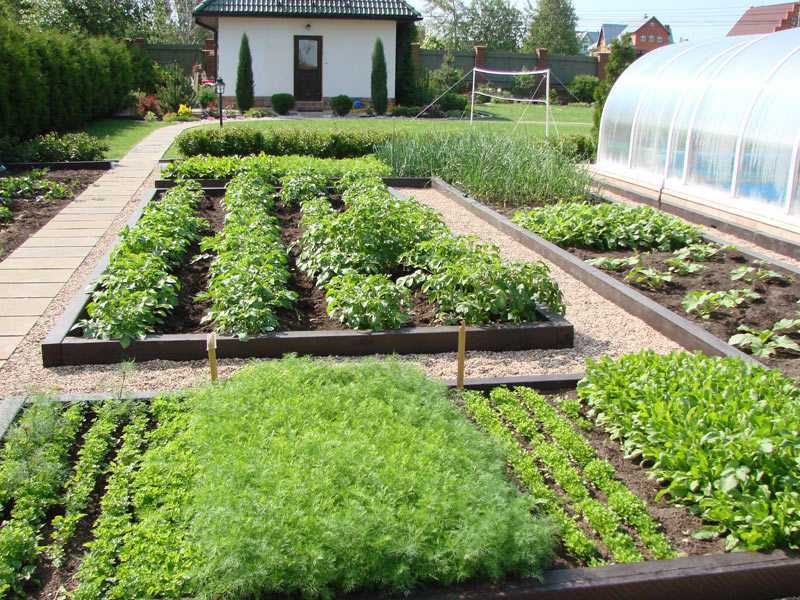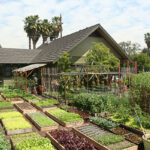Imagine a world where you can grow your own food sustainably, without relying heavily on external resources. This dream can become a reality with aquaponics on a 15 acre homestead. By integrating aquaponics into your homestead, you can create a self-sufficient ecosystem that provides fresh produce and fish. This article will explore how aquaponics can transform your homestead.

What is Aquaponics?
Aquaponics is a sustainable farming method that combines aquaculture (raising fish) and hydroponics (growing plants in water). In this system, fish waste provides nutrients for the plants, while the plants help filter the water for the fish. This symbiotic relationship creates an efficient, closed-loop system that conserves resources and minimizes waste.
The Benefits of Aquaponics
There are numerous benefits to using aquaponics on a 15 acre homestead. First, it allows you to grow food year-round, regardless of climate. Second, it requires less water than traditional farming methods. Third, it eliminates the need for chemical fertilizers and pesticides, making it an environmentally friendly option. Finally, aquaponics systems can be scaled to fit any size, making them perfect for a 15-acre homestead.
Getting Started with Aquaponics
Choosing the Right System
When setting up an aquaponics system on your homestead, it’s essential to choose the right system for your needs. There are several types of aquaponics systems, including media-based systems, nutrient film techniques, and deep water culture systems. Consider factors such as space, budget, and the types of plants and fish you wish to raise when selecting your system.
Essential Components
An aquaponics system consists of several key components, including a fish tank, grow beds, a water pump, and a filtration system. Each component plays a crucial role in maintaining the balance of your aquaponics system. Ensure that you invest in high-quality equipment to ensure the longevity and efficiency of your system.
Maintaining Your Aquaponics System
Monitoring Water Quality
Maintaining water quality is critical to the success of your aquaponics system. Regularly test the water for pH levels, ammonia, nitrate, and nitrite levels to ensure a healthy environment for your fish and plants. Adjustments may be necessary to maintain the optimal balance.
Feeding the Fish
Proper fish nutrition is essential for a healthy aquaponics system. Choose high-quality fish food and feed your fish according to their specific dietary needs. Overfeeding can lead to poor water quality, so monitor feeding closely.
Maximizing Yield on a 15 Acre Homestead
Plant Selection
When selecting plants for your aquaponics system, choose varieties that thrive in a water-based environment. Leafy greens, herbs, and certain fruits and vegetables are excellent choices. Consider diversifying your plant selection to maximize yield and ensure a continuous harvest.
Fish Selection
Choosing the right fish species is critical for the success of your aquaponics system. Popular choices include tilapia, trout, and catfish. Consider factors such as climate, water temperature, and growth rate when selecting fish for your system.
Challenges and Solutions
Pest Management
Pest management is an essential aspect of maintaining an aquaponics system. By using integrated pest management strategies, you can minimize pests without harming your plants or fish. Learn more about pest management techniques for your homestead.
System Maintenance
Regular maintenance is crucial for the longevity of your aquaponics system. Clean and inspect components regularly to prevent clogs and malfunctions. By staying proactive, you can avoid costly repairs and ensure a thriving system.
Conclusion
Embracing aquaponics on a 15 acre homestead offers a sustainable and efficient way to produce food. By creating a balanced ecosystem, you can enjoy fresh produce and fish while conserving resources. As you embark on your aquaponics journey, remember to stay informed and adapt your system to suit your unique needs.

FAQs
1. What types of plants grow best in an aquaponics system?
Leafy greens, herbs, and certain fruits and vegetables thrive in aquaponics systems. Choose plants that require less root space and can tolerate a water-based environment.
2. How often should I test the water quality?
Regular water testing is essential in aquaponics. Test the water quality weekly for optimal results. This will help you maintain a healthy environment for your fish and plants.
3. Can I use any fish in an aquaponics system?
While many fish species can be used in aquaponics, select fish that are hardy and can adapt to the system’s conditions. Popular choices include tilapia, trout, and catfish.
For more insights on homesteading, visit Mother Earth News.





